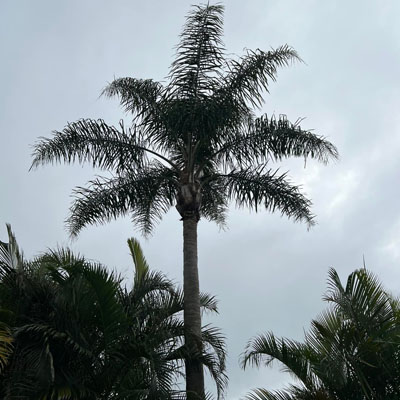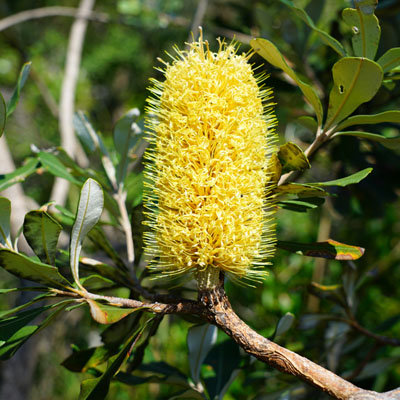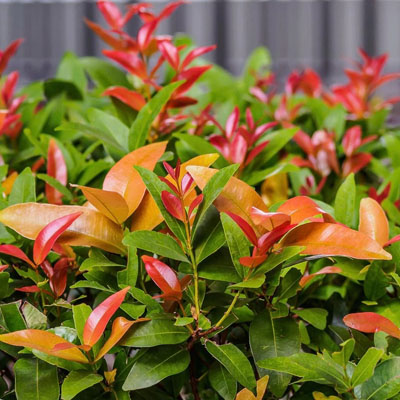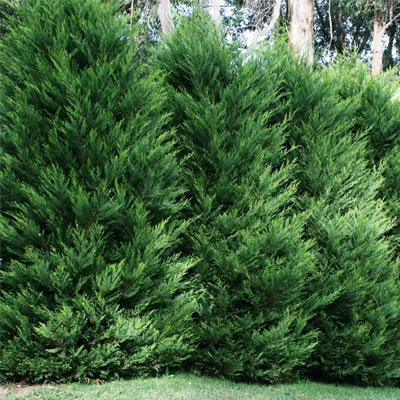Best Trees for Privacy Screens
When selecting trees to plant, choosing the right species can make all the difference. Here are some popular options:
Lilly Pilly (Syzygium smithii)
This evergreen native to Australia is ideal for dense, year-round screening. Lilly Pilly trees feature lush foliage, attractive flowers, and edible berries. They grow rapidly and are highly adaptable, thriving in various soil types.
Photinia (Photinia robusta)
Photinia offers dense foliage with vibrant red growth in spring. It’s hardy, fast-growing, and easy to prune into your desired shape, making it a popular choice for privacy screens.
Magnolia (Magnolia grandiflora)
With glossy green leaves and fragrant flowers, Magnolias not only provide privacy but also aesthetic appeal. They’re slow to moderate growers, perfect for those looking for low maintenance and high visual impact.
Leyland Cypress (Cupressocyparis leylandii)
Known for rapid growth and dense foliage, Leyland Cypress quickly forms effective privacy barriers. They’re resilient and tolerate various soil conditions, though they require regular pruning.




